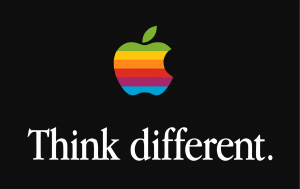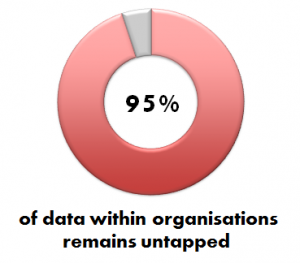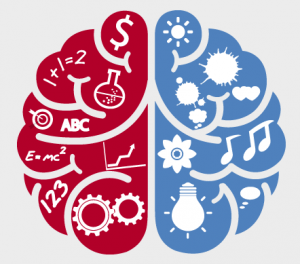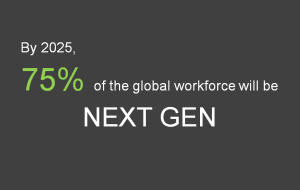My team co-hosted a great seminar with the Professional Associations Research Network (PARN) this month, and it underlines what technology will never replace – the benefit that people gain from being in a room networking, asking questions and sharing best practice with each other – in other words learning in the real world.
In his book, Open, David Price talks about learning becoming authentic when it has a specific purpose, impact beyond schooling and supports a student’s communities.
What is school about, if it isn’t helping prepare young people for the real world, however small the steps of progress? My daughter returned from her Duke of Edinburgh trek this weekend tired, frazzled and aching from the backpack which stood almost as tall as her. But the experience was priceless and taught her how set up camp, prepare food and work in a team to navigate walks and hazards to reach their destination – the greatest challenge for them was the intermittent phone signal.
Education has to reflect what industry is looking for in skills. It has a tough time keeping up as it is, with first year degree material becoming out of date before graduation, so there has to be a genuine link between what is taught and its relevance to the real world – after all, kids are already more engaged via devices and the online world than we ever will be.
I do wonder, however, how these kids would have coped in the 70s; with just Subbuteo, a bicycle and local park to contend with.








 I read an interesting story recently of a company that dismissed a very competent technician because he lacked the soft skills that was in keeping with their twenty-first century thinking. I delved deeper.
I read an interesting story recently of a company that dismissed a very competent technician because he lacked the soft skills that was in keeping with their twenty-first century thinking. I delved deeper.
 A number of clients are strategising around the skills gap topic – building education to meet a new-world, technology-led demand of smaller, bite-size modules of learning.
A number of clients are strategising around the skills gap topic – building education to meet a new-world, technology-led demand of smaller, bite-size modules of learning.